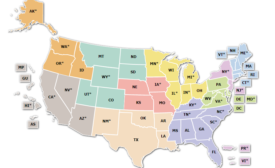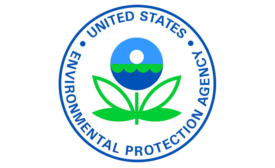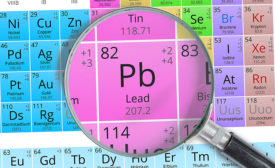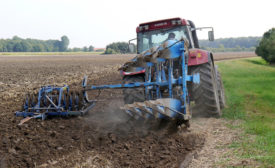Government Safety Regulations
$600K+ in safety fines for Pa. contractor
"Knowingly and repeatedly" ignored fall protection requirements
April 22, 2019
Going far beyond OSHA
Michigan OSHA’s lead standard has very strict exposure limits for pregnant workers. Are OHS pros ready to face a six-fold reduction challenge?
April 18, 2019
A confined spaces analysis
Learn how to define spaces, reclassify them, and five life-saving principles to minimize hazards
April 17, 2019
Never miss the latest news and trends driving the safety industry
eNewsletter | Website | eMagazine
JOIN TODAYCopyright ©2024. All Rights Reserved BNP Media.
Design, CMS, Hosting & Web Development :: ePublishing








